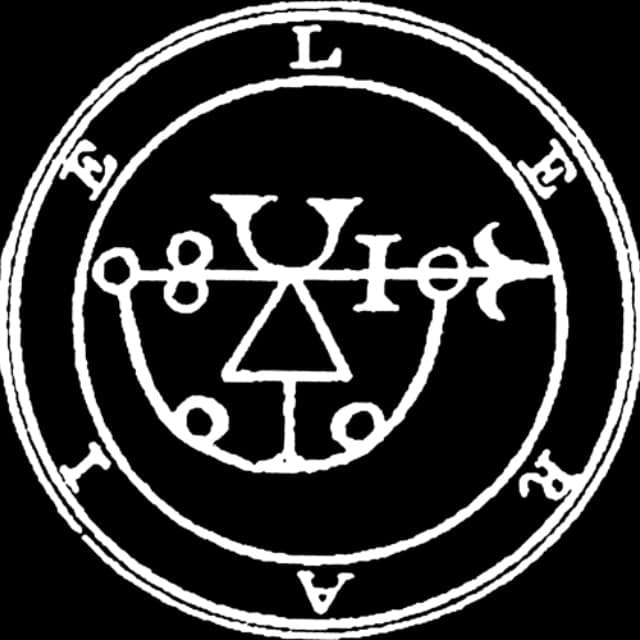A couple of years ago, researcher Tomas Ståhl from the Department of Psychology at University of Illinois, looked at four studies to help settle a question:
“There is a widespread cross-cultural stereotype suggesting that atheists are untrustworthy and lack a moral compass. Is there any truth to this notion?”
The four studies Ståhl looked at encompassed 4,622 people, split between atheists and theists in the US (very religious) and Sweden (very secular) and investigated the participant’s endorsement of Liberty/oppression and amoral tendencies, as well as the five foundations of the Moral Foundations Theory: Care/harm, Fairness/cheating, Loyalty/betrayal, Authority/subversion, and Sanctity/degradation. In the first two studies, religiosity was found to be unrelated to amoral tendencies and endorsement of Liberty/oppression, as well as individualising moral foundations of care and fairness. However, atheists were found to have a weaker endorsement of binding moral foundations such as deference to authority, sanctity, and in-group loyalty, leading Ståhl to conclude "…they are less inclined than religious people to view respect for authority, ingroup loyalty, and sanctity as relevant for morality, and they are more likely to make moral judgments about harm on a consequentialist, case by case basis,”. The second two studies showed the same pattern of results.
So, it would seem the moral compass of atheists is just as good as the moral compass of theists. However, atheists are more likely to assess the morality of actions based on their consequences, whereas religious people tend to endorse moral values that promote group cohesion. Ståhl ends by saying:
“Atheism merely implies the absence of religious belief, and says nothing about what positive beliefs the disbeliever holds.”


I hope they do.